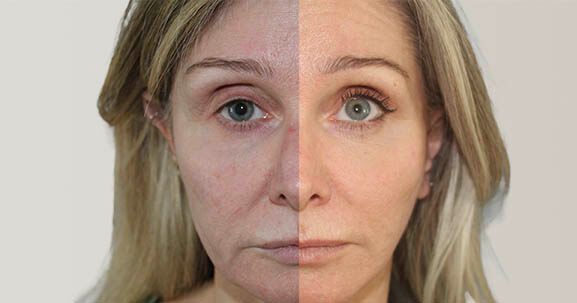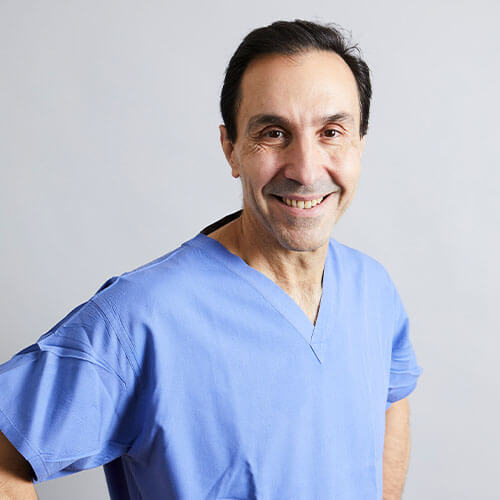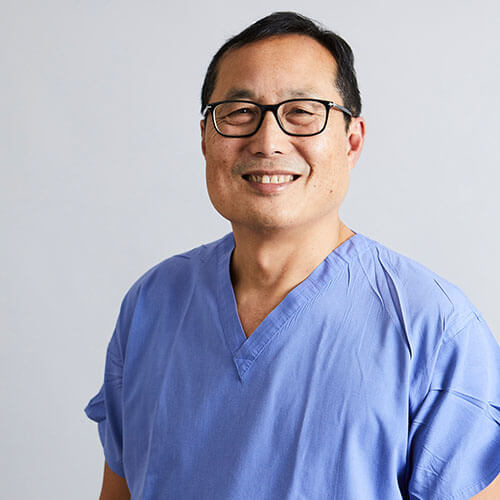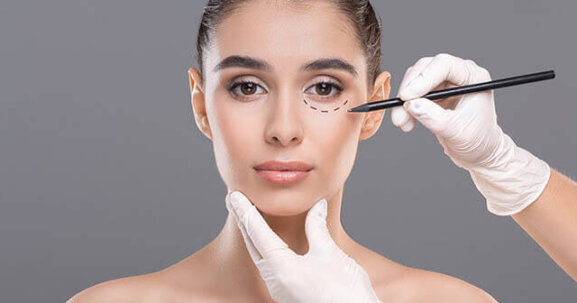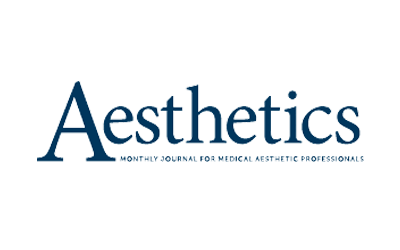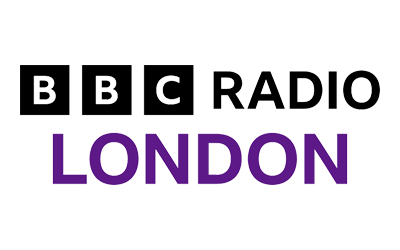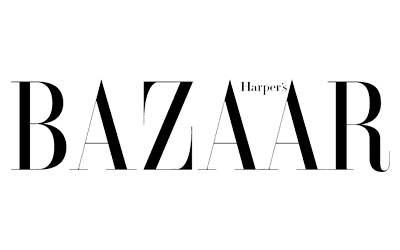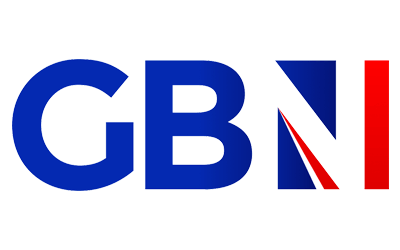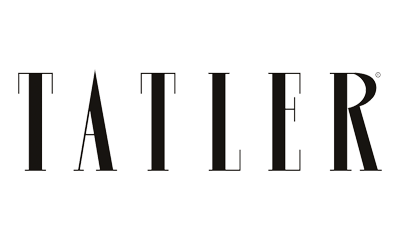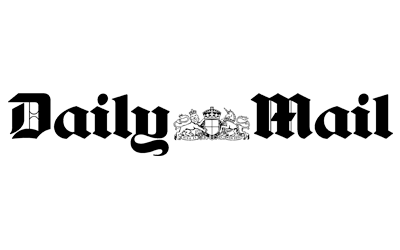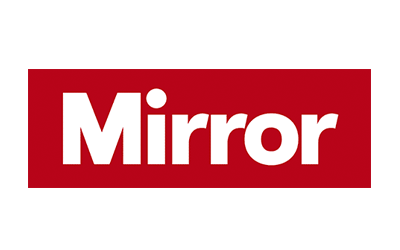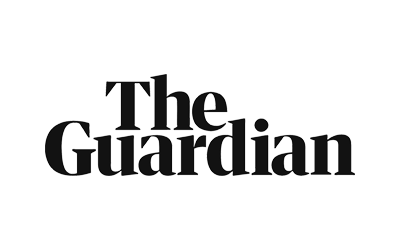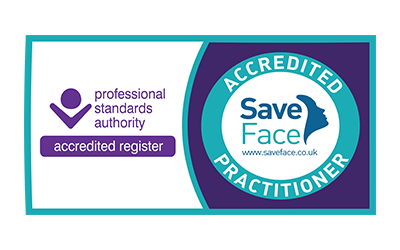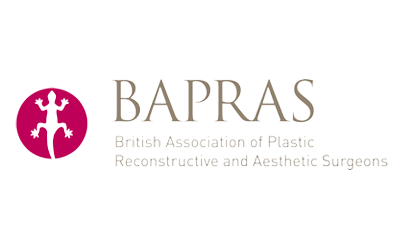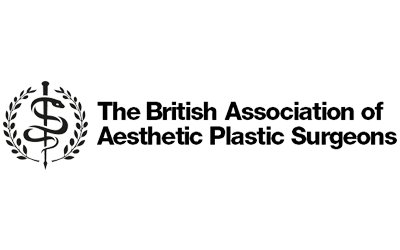Perhaps you look in the mirror and feel as if you don’t recognise yourself anymore. A deep plane facelift is for you if you have significant signs of ageing and want to get your old self back. Like any well performed Facelift, this procedure also produces some striking results and really can be life-changing for many of our patients.

Deep Plane Facelift Surgery
At our world-class cosmetic surgery clinic in London

Experience
Surgeons with over 20 years experience

Close contact
Open communication at all times

Support
Your wellbeing is our priority
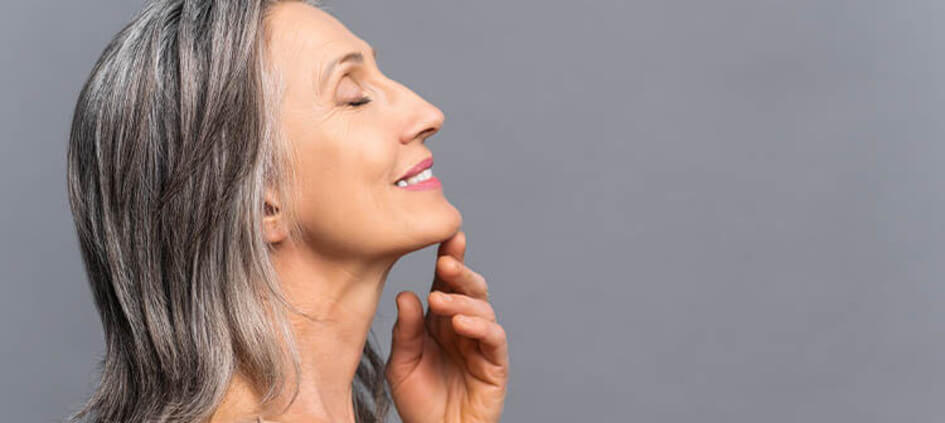
AN ADVANCED FACELIFT FOR NEWFOUND VIBRANCY
WHAT IS A DEEP PLANE FACELIFT?
Deep plane facelift surgery is the skillful uncovering of the anatomical plane under the muscles known as the Superficial Musculo-Aponeurotic System, SMAS (the fibrous tissue and the skin’s plasma). The facelift lifts this, all in one, upwards. As your surgeon will be working underneath your muscles, your skin remains looking natural, never stretched or tight.
The SMAS is situated between the dermal layers of the skin and contains facial nerves and muscles. An extension of the SMAS is called the platysma, reaching down the neckline. Over time, this muscle becomes weaker, and this can lead to jowls. Volume can also be lost (atrophy) or gained (hypertrophy), so a deep plane facelift will reposition the platysma and the SMAS to regain a more youthful appearance.
WHAT ARE THE BENEFITS OF A DEEP PLANE FACELIFT?
The benefits of a deep plane facelift are bountiful, including:
- Volume is restored
- Jawline is defined
- Sagginess disappears, without looking stretched
- Jowls and the look of the lower face are improved
- Wrinkles are reduced
- Cheekbones are enhanced
- A feeling of starting afresh can be gained, a new energy
WHY CHOOSE KARIDIS CLINIC FOR YOUR DEEP PLANE FACELIFT SURGERY?
✔ Ensure your result is natural looking: your surgeon will be a specialist, using experience and skill to ensure this
✔ Enjoy VIP care: we look after you with five-star consultancy and aftercare
✔ A bespoke service: we treat you as an individual
✔ Secure your peace of mind: your surgeon will be an expert in the field
✔ Combine treatments: for added convenience and to save you time and for optimal results (e.g. a brow lift, neck lift or chin, neck and jaw liposuction)
Quick Reference

Duration
2-3 hours

Driving
1 week

Anaesthesia used
General anaesthesia

Hospital Stay
1 night

Exercise
6 weeks

Final Result
6 - 9 months

Pre admission tests
Bloods & MRSA swabs

Addresses
Sagging jawline and neck

Downtime
2 - 3 weeks
What our clients say about us
Patient Stories
Emma
Deep Plane Facelift
“The effect on my confidence over the years has been profound. I wouldn’t have a summer wedding because I didn’t want to get married in the full sun. When I meet new people I often sit there with my chin in my hands so I can cover my lower face. I’m incredibly self-conscious.”
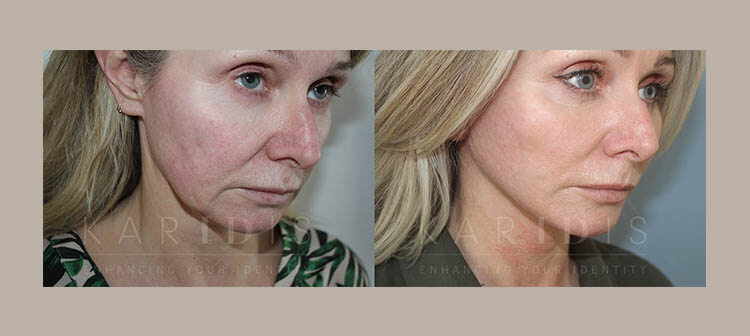
Our deep plane facelift surgeons
What to expect from your procedure
Some key information for what to expect in the lead up to, and during your procedure can be found below. We ensure our patients have all the support they need but if you do have further questions these will be addressed at your initial consultation.
The consultation
Before you undergo any cosmetic surgery procedure at Karidis Clinic, you will have a consultation and a pre-operative assessment with your plastic surgeon. They will listen carefully to your concerns and what you expect to achieve and discuss which procedure, or combination of procedures, is appropriate.
At this stage, they will also ensure you are fully aware of the potential risks and complications inherent in that specific procedure and explain to you what you can expect immediately after surgery, throughout the recovery process, and when you will likely see the final results.
During the pre-operative assessment, the surgeon may take measurements of the area to be operated on and assess your skin tissue quality and the degree of skin laxity. The position of the incisions will also be decided upon.
A full medical history will be taken to ensure you are fit and well and can undergo surgery at this time.
After the initial consultation, there will be a two-week ‘cooling-off’ period before you can decide to proceed with surgery. You are welcome to return for further consultations with your Karidis Clinic surgeon, free of charge, if you have more questions.
Leading up to the procedure
If you make the decision to proceed with surgery, you’ll be given advice on how best to prepare for your operation, and you will have a dedicated Patient Coordinator who can answer any queries you may have.
Any pre-surgery tests can occur at the Hospital of St John & St Elizabeth, a leading London private hospital where Karidis Clinic is based. The hospital has recently built a new wing including a diagnostic department with the latest X-ray, MRI, CT and ultrasound technology.
We advise patients to stop smoking as soon as possible as nicotine acts as a vasoconstrictor, which impedes the flow of oxygen-rich blood to the surgical site. This can slow down healing, increase the chance of infection and even cause tissue to die. Smoking also increases the risks of a general anaesthetic, and smokers are more likely to suffer ill effects from an anaesthetic.
You will also be advised when to discontinue taking aspirin or other blood-thinning medication in advance of your operation. You will be asked to fast six hours before surgery.
On the day
All Karidis Clinic procedures are performed at the Hospital of St John & St Elizabeth. When you arrive, you’ll be greeted and taken to your stylish and luxurious private room with its spacious ensuite bathroom.
The nursing team will take your blood pressure and relevant vitals, and you will see your Karidis Clinic surgeon, who will make the final mark-ups. Our anaesthetist will also visit you.
Clinical photography will be taken to assist in your care and to enable clinical assessments to be made. These become part of your confidential medical record. These include photographs of the operation site and any distinguishing features and will be taken pre-op and post-op.
Your procedure will be performed under a general anaesthetic, and once the surgeon has sutured the incision site, you will be taken to a specialist recovery room.
Treatment recovery
Once the hospital nursing team has ensured your recovery is complete, you will be taken to your hospital room for your overnight stay. The hospital nursing team will be on hand throughout the night, and you will be fitted with compression stockings and a compression device if required.
The following day, you will be visited by your Karidis Clinic surgeon or nurse and then discharged into the care of a friend or family member by the hospital nursing staff.
The pain and discomfort experienced after surgery are unique to the individual patient and the extent of their procedure. However, it should start to subside in the first week and should be easily managed with over-the-counter painkillers.
If necessary, you’ll be advised to wear a specially designed surgical support garment for approximately six weeks after surgery to support you during the healing process.
Depending on the nature of your job, you can usually expect to be able to return to work and normal activities between one to two weeks.
You’ll be given a comprehensive plan for the recovery process, including dates for your cast or suture removal and your check-ups with your Karidis Clinic surgeon. However, we are always on hand throughout this period, and you have access to our dedicated surgical nurse 24/7 if you have any concerns.
How much does a deep plane facelift cost?
Breast Augmentation surgery requires a surgeon fee, an anaesthetist fee and a hospital fee. The price also includes all of your pre-operative and post-operative care. The cost may vary slightly depending on your unique requirements, but we will give you a detailed quotation following your consultation.
For more information on what our surgical fees cover, get in touch today.
FAQS FOR DEEP PLANE FACELIFT
Who is suitable for a deep plane facelift?
We don’t recommend deep plane facelifts for those who are just seeing the very early signs of ageing. Deep plane facelifts are suitable for those with significant signs of ageing, such as a face which is drooping and sagging with jowls.
What does this procedure involve?
The deep plane facelift procedure involves lifting the muscles and skin as one. Your skilled surgeon will work to tighten the membrane and SMAS muscle and trim the excess skin. You’ll have stitches on the incision near your ears. After your surgery, your head will be carefully wrapped in bandages to minimise swelling.
Is a deep plane facelift painful?
You shouldn’t feel too much pain, but it’s more often described as ‘discomfort’ during the early stages of healing, which can be helped with cold compresses and pain medication. But it’s worth noting that the downtime will be slightly longer when compared to a traditional facelift.
How long does it take to recover?
You should be able to return to work between 1-3 weeks after your surgery. Bruising and swelling usually last for around 6-8 weeks (the initial swelling should go down in 10-14 days). A full recovery will take 6 months plus.
How long do the results last?
There’re a number of factors which will influence how long the results of a deep plane facelift last. These factors include genetics, gravity, lifestyle and ageing. However, deep plane facelift surgery should help to preserve your skin for 10-15 years.
Will i have visible scars after a deep plane facelift?
The scarring usually begins at your temples above your hairline, to the front of your ear (just inside the cartilage), going behind your earlobe to your lower scalp. Your scarring depends on your individual surgery. But your surgeon will endeavour to cleverly conceal the scars in the natural folds of your skin.
ESSENTIAL INFORMATION FOR CONSIDERING PLASTIC SURGERY
Related surgeries and treatments we offer
Mr Alex Karidis performs cosmetic surgery aimed at rejuvenating the face, reshaping the body or enhancing the breasts. “I offer the full range of procedures because I have the breadth of training required. Having performed over 20,000 procedures over the last 25 years, our patients get the absolute maximum in terms of expertise.

Buccal fat removal
Buccal fat removal, also known as cheek reduction or face fat removal surgery, is a relatively simple and straightforward procedure that can produce a significant improvement to confidence and self-esteem.

Dermal filler
Dermal fillers are commonly known as filler, collagen injections, and hyaluronic acid injections. Dermal fillers help to restore our skin and facial contours to their former youthful appearance, or enhance/ plump particular areas to be more aesthetically pleasing.
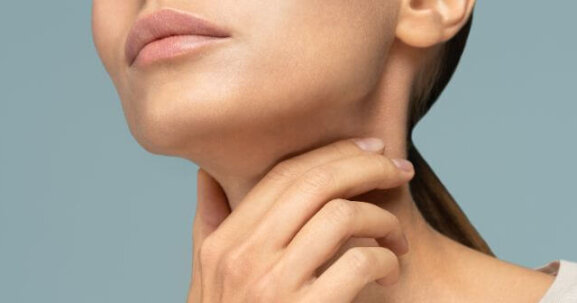
Necklift
A facelift is a surgical procedure performed to improve the most visible signs of the ageing process, by eliminating excess fat, tightening the muscles beneath the skin of your face and neck, and removing any sagging skin.
Related posts and expert insights
Here at the Karidis clinic, our blog is updated regularly to provide you with the most recent trends and insights in the industry. Stay informed by reading our blog articles related to deep plane facelift surgery.
